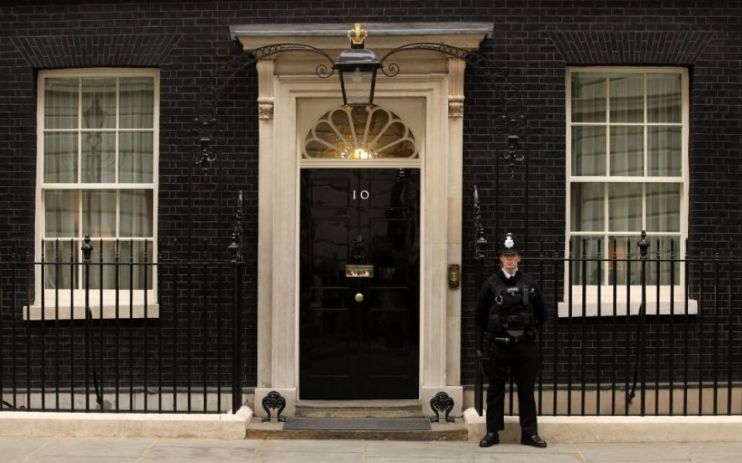Yellowhammer: Government’s no-deal Brexit documents revealed

A no-deal Brexit will cause some disruption to cross-border financial services, while wider business preparedness remains low, according to the government’s own worst-case scenario planning.
The Operation Yellowhammer document, which is dated one day later than the version which was previously leaked, warns of “significant” disruption at the borders, the worst of which will last for six months, and seasonal health issues exacerbated by lack of access to drugs.
It also warns of “significant” rises in the cost of electricity, impacts to law enforcement and data sharing between the UK and EU, and an increase in protests, counter-protests and “public disorder” which will “absorb significant amounts of police resource”.
The five-page internal document, which has been redacted and revised, also noted there could be “unsympathetic” relations with EU member states if no deal has been reached, which could make future bilateral engagement more challenging.
The government has been forced to publish the most recent Yellowhammer document after former attorney general Dominic Grieve secured Commons support for a humble address demanding it be released. He also demanded the publication of private messages of nine government special advisers.
The chancellor of the Duchy of Lancaster Michael Gove has refused to publish the latter, saying Grieve’s actions were “unprecedented, inappropriate, and disproportionate”.
He added: “To name individuals without any regard for their rights or the consequences of doing so goes far beyond any reasonable right of Parliament under this procedure. These individuals have no right of reply, and the procedure used fails to afford them any of the protections that would properly be in place. It offends against basic principles of fairness and the Civil Service duty of care towards its employees.
He added: “To name individuals without any regard for their rights or the consequences of doing so goes far beyond any reasonable right of Parliament under this procedure. These individuals have no right of reply, and the procedure used fails to afford them any of the protections that would properly be in place. It offends against basic principles of fairness and the Civil Service duty of care towards its employees.